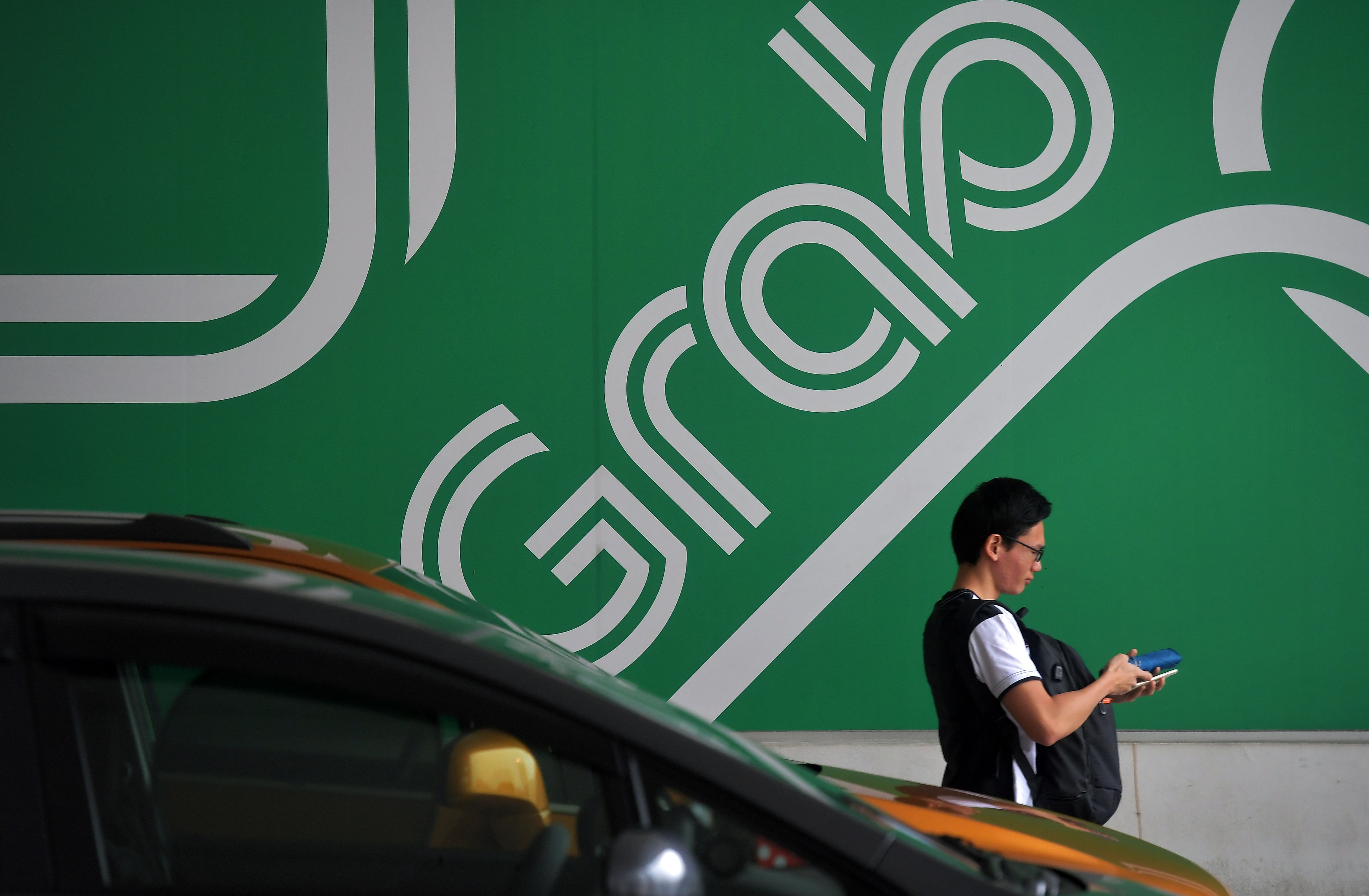In South-east Asia, mobile banking is taking on a whole new meaning. Last week, Grab, one of the region's top ride-hailing companies, announced that users of its app can start sending credits - used to pay for rides - to one another. By the end of the year, they'll be able to use those credits at more than 1,000 restaurants and retailers. If all goes well, Grab will one day be known as an e-payment platform that just happens to offer a taxi service.
That's a radical evolution, but hardly illogical. As many as two billion people worldwide lack access to traditional financial services. Most are concentrated in developing countries with cash-based economies, where banks have long resisted offering services such as loans, cheque accounts and credit cards. As incomes in these countries rise, technology is helping entrepreneurs leapfrog old ways of doing business. In particular, mobile phones have enabled a parallel financial system to evolve, with some intriguing results.
The trend began in Kenya. In 2007, Safaricom introduced M-Pesa, a service that allowed users to move money via text message. In short order, M-Pesa evolved into a full-fledged payment-and-banking system that runs on the region's dominant feature phones. Last year, M-Pesa processed six billion transactions for 30 million customers in 10 countries. Africa now has more "mobile money" accounts than it has bank accounts.
In Asia, the transformation has been just as dramatic. China's leading e-commerce and social media services - Alibaba and WeChat - have created payment platforms that are so ubiquitous that cash has all but disappeared in some places. Last year, people in China made about US$5.5 trillion (S$7.5 trillion) in e-payments. In India, about a fifth of the population now uses such payments, mostly through start-ups such as Paytm E-commerce Pvt.
South-east Asia is the next frontier, and in some ways the most interesting. With 640 million people and growing access to the Internet and mobile phones, it's certainly fertile ground for financial start-ups. Over the past three years, they've started to emerge from a surprising source: the innovative local ride-hailing industry. That'd be an unusual business model in places where credit cards and bank accounts are common - Uber Technologies, for one, would have little incentive to try something similar in the US.
But in countries like Indonesia, where only 36 per cent of people have a bank account, and fewer than 5 per cent have a credit card, it's a great way to lure users and lock them into a convenient payment platform. The more than 200,000 drivers who work for Go-Jek, Indonesia's leading ride-sharing service, can use their e-wallets to store their earnings or spend them on other services. Customers can also use the wallets to pay for everything from food delivery to massages to house-cleaning.

In more affluent Singapore, Grab has much the same idea, expanding the use of its e-wallet to small businesses such as coffee shops, hawker centres and wet markets. By allowing vendors to accept money without the hassle or expense of renting a payment terminal, and giving customers the convenience of paying with an app they're already comfortable with, it may have a significant advantage. Its ability to collect vast amounts of data from users - combining location and travelling habits with purchase histories - could become a game-changer. It's no surprise that the company wants to move into insurance and lending.
Taxi companies going to war with banks for the chance to offer e-payments would've sounded implausible just a few years ago. Today, it's great news for consumers, particularly those left out of the traditional financial services market. Competition should reduce the cost of joining the digital economy, make tasks like paying bills easier, force banks to pay attention to lower-income customers, and put pressure on credit card companies to lower fees and penalties. In Singapore and elsewhere, banks are rallying to set up their own e-payment standards. They may be in for a wild ride.
BLOOMBERG VIEW
